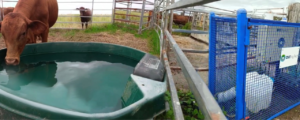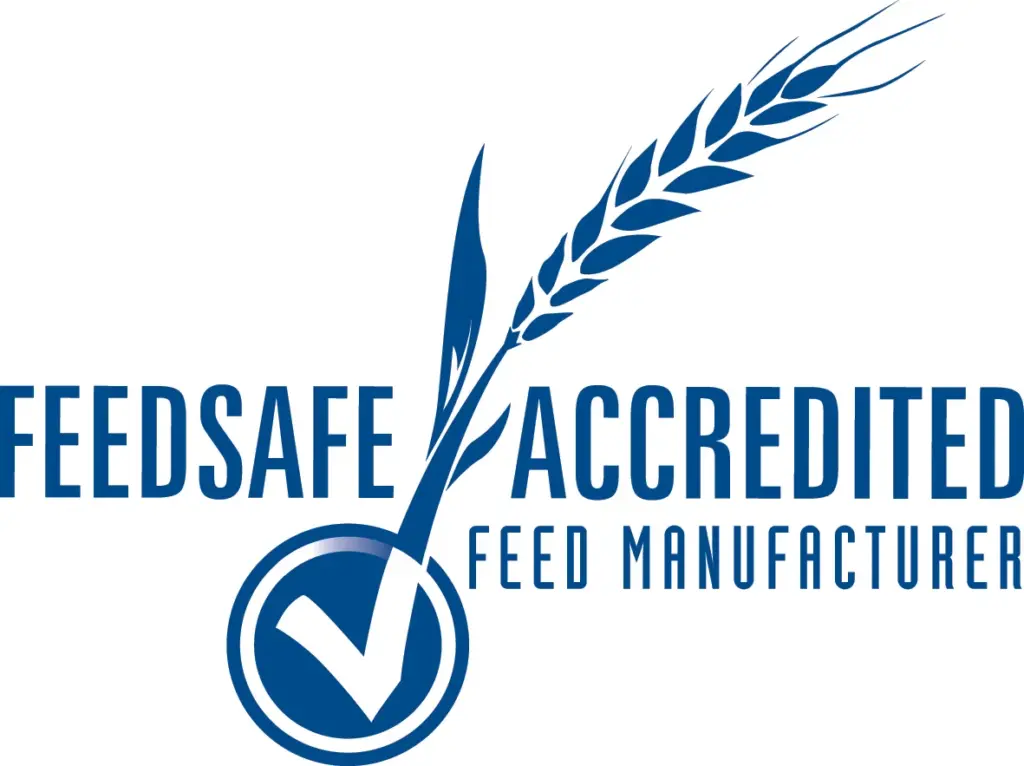A collaborative research project between CQUniversity (CQU) and DIT AgTech has recently published new findings in the Journal of Animal Science.
This study investigates whether Agolin Ruminant L, a blend of essential oils from plants, can mitigate methane (CH₄) emissions from cattle when added directly to their drinking water.
Solving the challenge of how to reduce methane (CH₄) emissions at scale.
As stated in the research, to date most studies on methane (CH₄) reduction in cattle has focused on intensive feeding systems, such as dairy and feedlots, where feeding management is tightly controlled.
However, over 90% of Australian livestock are in extensive, pasture-based systems, where challenges like remote landscapes and labour make this level of feed management far more complex. Investigating the potential to use drinking water to facilitate the delivery of methane (CH₄) mitigation compounds was an essential step in helping Australia’s red meat and livestock industry, as well as the country more broadly, meet its sustainability goals (CN30).
The uDOSE™ technology.
The uDOSE™ system already tackles the challenge of supplementing livestock in remote grazing areas, like those in Northern Australia. Animals drink water in proportion to their live weight, so the uDOSE™ system offers a reliable way to deliver precise supplements to each animal through their drinking water. Unlike dry feed consumption, where competition can cause waste and uneven intake, water consumption remains consistent. Connected to the uHUB platform via satellite, the uDOSE™ system allows real-time monitoring and control of supplement delivery as well as recording daily consumption.

Can the uDOSE™ system effectively deliver additives to reduce methane (CH₄) emissions?
To explore the viability of using the uDOSE™ system for enteric methane (CH₄) mitigation, DIT AgTech collaborated with CQUni on the Water-Based Methane Mitigation Project. This 3 year research study was funded by the Queensland Government through the Advance Queensland Industry Research Fellowships Program and Meat & Livestock Australia.
The project explored how methane reducing additives such as Agolin Ruminant L, reduces methane (CH₄) emissions from beef cattle when administered via drinking water.
Initially, several compounds were tested in the laboratory for solubility and stability in water. They were then ranked based on gas production and effects on dry matter digestibility.
All livestock require drinking water, which in extensive grazing systems is typically supplied via bores, tanks, and troughs. Two experiments were conducted. In the first, Agolin Ruminant L was tested ‘in vitro’, showing a reduction in methane (CH₄) when added to a uPRO solution. The second experiment tested Agolin Ruminant L ‘in vivo’ on Droughtmaster steers over 56 days.
Results:
The results clearly demonstrate that feeding Agolin Ruminant L via livestock drinking water is a viable option to reduce enteric methane (CH₄) emissions from beef cattle. Providing a solution for methane (CH₄) mitigation in extensive grazing environments.
- The experiments conducted showed that methane (CH₄) production was reduced with the inclusion of Agolin Ruminant L in soluble form via livestock drinking water.
- Up to 16.4% reduction in methane emissions was achieved.
- Feed and water intake were unaffected, regardless of the concentration of Agolin Ruminant L in the water.
To learn more about this trial and access all detailed findings, you can refer to the official publication of the scientific paper in the Journal of Animal Science, here.



